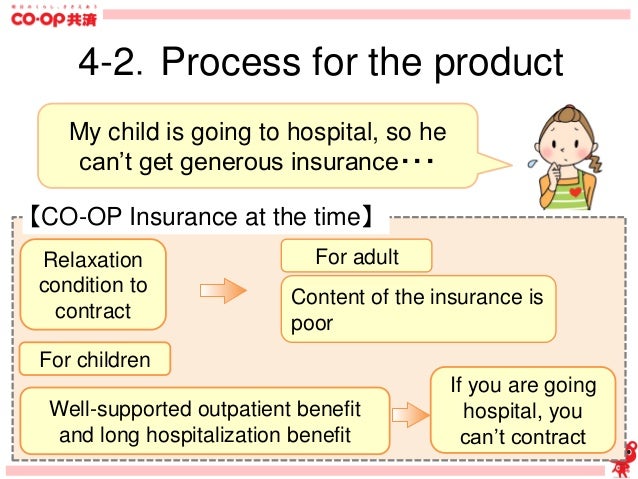

This means that it is always necessary to read all the terms and conditions of your intended policy before you take out the insurance and every time you renew your policy. Some insurance companies will start to apply co-payment requirements when your pet reaches a certain age. When taking out any insurance policy you should always check your insurance schedule to find out exactly what is covered including if there is a requirement for co-payments. So it is certainly wise to plan ahead for any unforeseen accidents or illnesses your pet may experience.Ĭheck your insurance policy documents for co-pay clauses when you take out a new policy and at each renewal. Your part of the co-payment could potentially become quite expensive. Vet’s fees can mount up quickly, especially if your pet has a severe injury or illness. However you decide to plan for the co-payment it can be difficult to know exactly how much money you will need to cover your side of the costs in the event of an insurance claim being made. Other people may be happier if they set aside a specific amount each month which can be used in the event that their pet requires veterinary care. Some pet owners may find that they are comfortable to rely on their financial circumstances allowing them to cover any veterinary treatment costs as and when they arise. When calculating what your potential costs could be, remember to think about the excess as well as the percentage of the additional costs you will need to cover. The most significant disadvantage with “co-pay” in pet insurance is that you will need to plan ahead for your own part of payment for any veterinary fees incurred. However, after your pet reaches their senior years it may be difficult to find traditional insurance policies without co-pay clauses. This allows these pets to be insured, since although the likelihood of a claim is greater for these animals the insurance company and the owner will share the costs of veterinary care between them.Īs more companies use this type of insurance policy the owners of older animals have a much greater choice for their pets. In order to overcome the problems of providing insurance for older pets many insurance companies now offer policies for these older pets with co-payment clauses. Owners of senior pets have often found it difficult or impossible to find insurance for their aged companions in the past. Since older animals are more likely to require veterinary attention than their younger counterparts, insurance companies have been traditionally reluctant to provide cover for them. But don’t forget to plan ahead for the excess and co-payment which will be required if you should need to make a claim.Īnother advantage of pet insurance with a co-pay clause is the ability to insure older pets where more traditional policies would not generally allow for this. These lower premiums can be a help for the monthly household budget. Lower premiums are possible because the amount your insurance company will need to pay for any claim is reduced if payments are shared between you and the insurance company. This can make the monthly premiums much more affordable. One of the most obvious advantages of using an insurance policy with co-pay is that the monthly premiums you need to pay are usually lower than the regular payments for more traditional types of pet insurance. Then your insurance company would cover all the remaining veterinary fees up to your limit. What are the advantages of co-pay?Ĭo-payment in pet insurance does have some advantages over more traditional insurance policies where you would simply pay an excess for each claim. Usually, this is around ten to twenty percent of the bill which remains after you have paid your excess. Therefore, in addition to paying your excess when you make a claim, you will also need to pay a certain percentage of the remaining veterinary invoice yourself. It basically means that you will share some of the costs of any veterinary fees with the insurance company. “Co-pay”, co-payment, or sometimes co-insurance, is also known as cost sharing. Co-payment policies take this one step further.

Most people are familiar with the idea of paying an excess when they make an insurance claim.

Many insurance companies are now offering policies with “co-pay” so what does this mean? Check your insurance policy documents for co-pay clauses when you take out a new policy and at each renewal.

Many insurance companies are now offering policies with “co-pay” so what does this mean?.


 0 kommentar(er)
0 kommentar(er)
